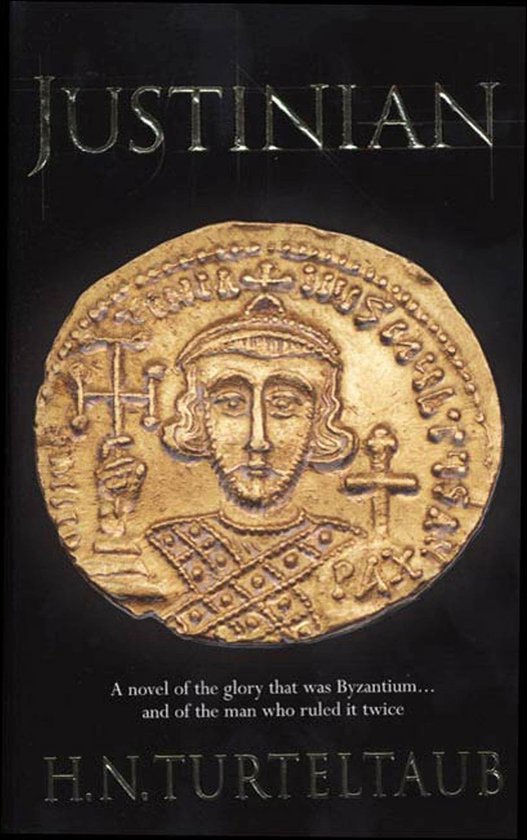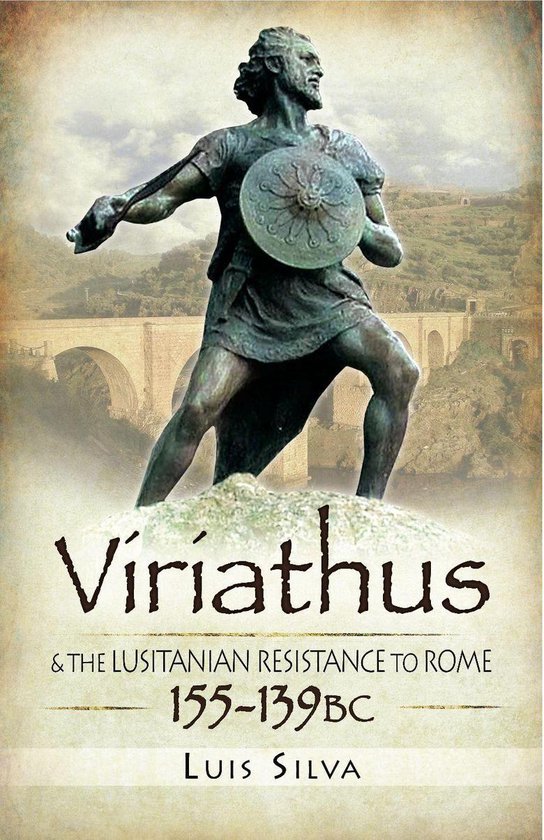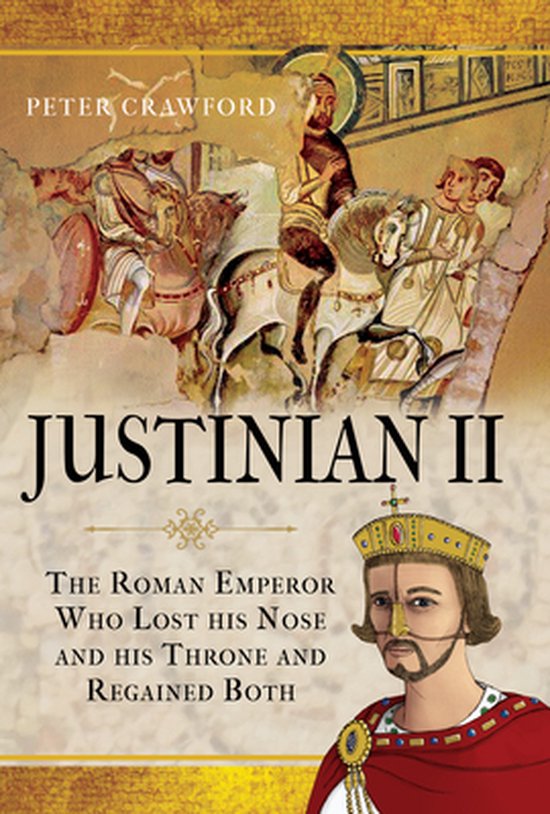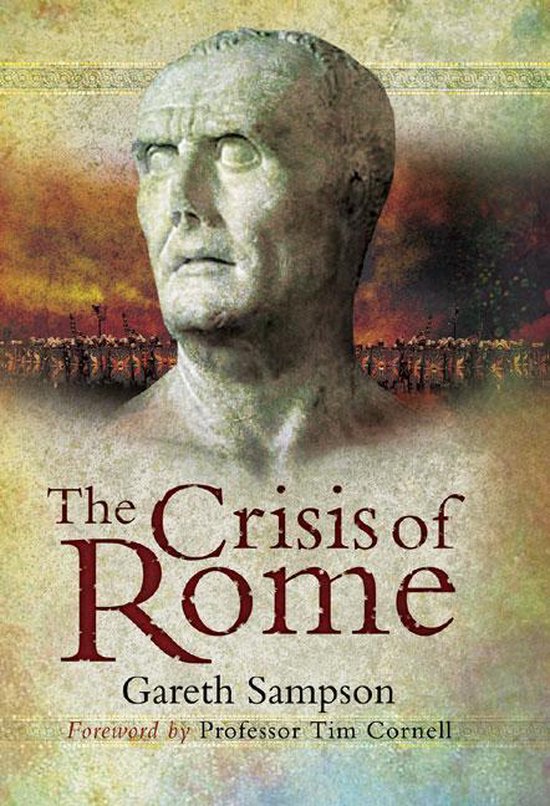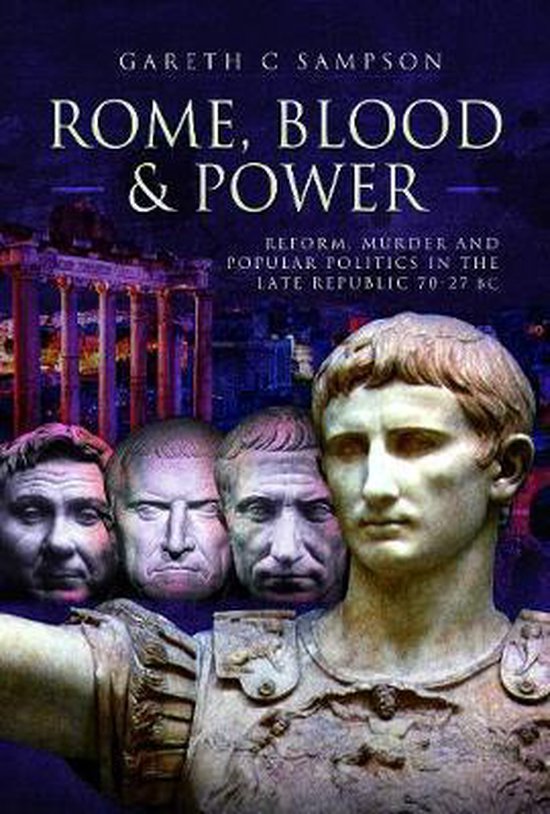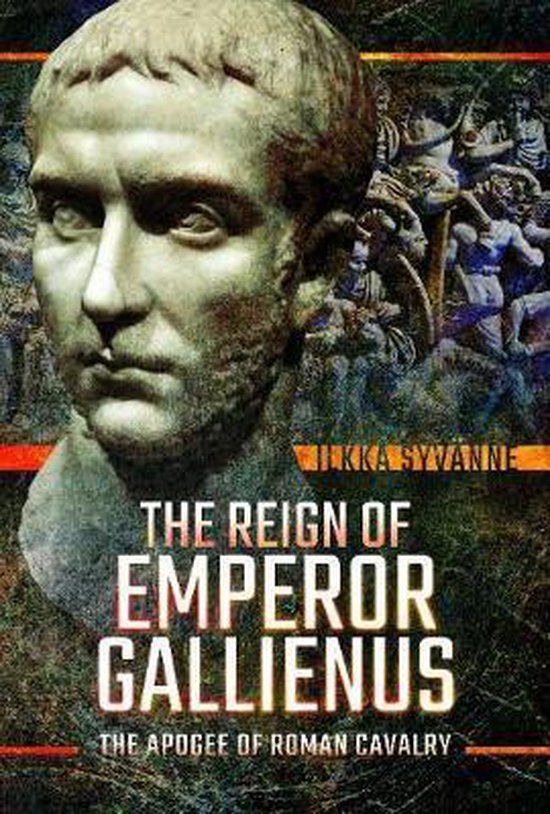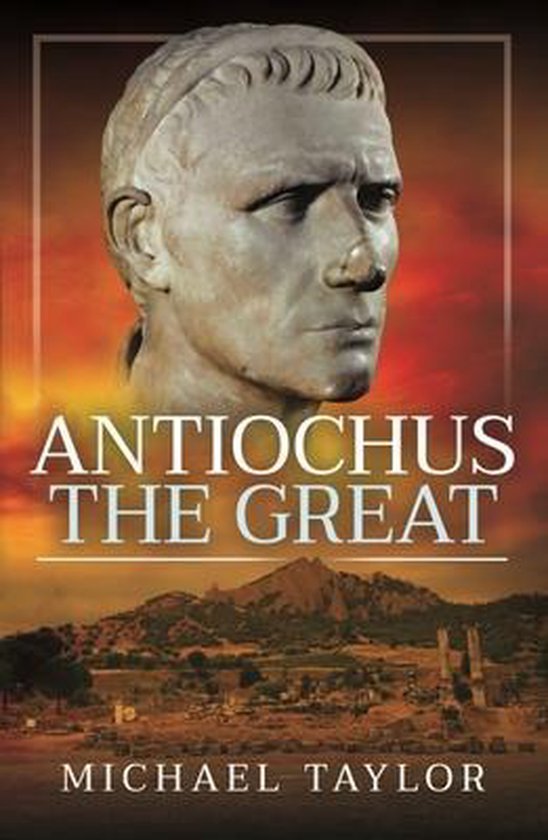
Antiochus The Great
A teenage king in 223 BC, Antiochus III inherited an empire in shambles, ravaged by civil strife and eroded by territorial secessions. He proved himself a true heir of Alexander: he defeated rebel armies and embarked on a campaign of conquest and reunification. Although repulsed by Ptolemy IV at the Battle of Raphia, his eastern campaigns reaffirmed Seleucid hegemony as far as modern Afghanistan and Pakistan. Returning westward, he defeated Ptolemy V at Panion (200 BC) and succeeded in adding Koile Syria to the Seleucid realm. At the height of his powers, he challenged growing Roman power, unimpressed by their recent successes against Carthage and Macedon. His expeditionary force was crushed at Thermopylae and evacuated. Refusing to bow before Roman demands, Antiochus energetically mobilized against Roman invasion, but was again decisively defeated at the epic battle of Magnesia. Despite the loss of territory and prestige enshrined in the subsequent Peace of Apamea, Antiochus III left the Seleucid Empire in far better condition than he found it. Although sometimes presented as a failure against the unstoppable might of Rome, Antiochus III must rank as one of the most energetic and effective rulers of the Ancient world. In addition to discussing the career of Antiochus III, Michael Taylor examines Seleucid military organization and royal administration.
| Auteur | | Michael Taylor |
| Taal | | Engels |
| Type | | Paperback |
| Categorie | |
